We work hard on making the industry more sustainable. And we love to tell stories about it.
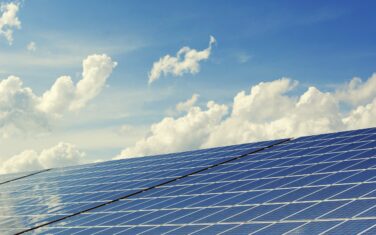
Webinars on sustaining the future
Due to covid-19 the Netherlands Process Technology Symposium (NPS) had to be postponed. But since climate change does not wait, we replaced the event by a series of 4 webinars...
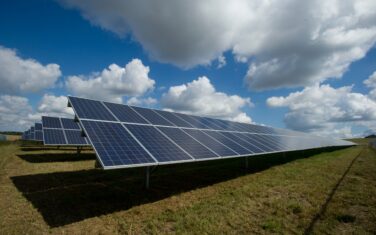
Climate wins at NPS17 Energy Webinar
Due to covid-19 the Netherlands Process Technology Symposium, that was to be held at the TU Delft this year and organized by TU Delft with support of ISPT, had to...
NSP17 Water Webinar: a dazzling look at the future
Officially water technology is not a science field yet – except in the Netherlands. Rightly so, because global warming will increasingly cause rising seas, draughts and water shortages. So the...

Learning from nature’s efficiency at NPS17 Circularity Webinar
On Wednesday November 11, 2020 the NPS17 Webinar on Circularity was being held. It was the second one in a series of four webinars on the over-arching theme ‘Sustaining the...
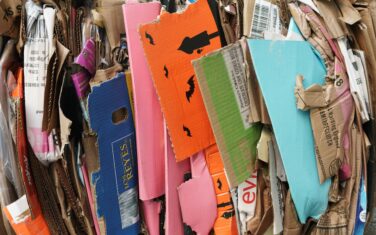
Important steps in regeneration of Deep Eutectic Solvents
Efficient regeneration of the Deep Eutectic Solvent used for the delignification of wood, is important to achieve a cost-effective and sustainable new pulping process.

De toekomst van de landbouw wordt geschreven in Groningen
Fascinating realiseert een circulair landbouw systeem dat duurzaamheid, natuur, gezonde voeding en economische impact met elkaar in balans brengt.

Grip on carbon flows with Carbon Transition Model
The Carbon Transition Model (CTM) provides the context that is needed to give direction to the transition and jointly determine the most logical sequence of steps. It will support decision-makers...

HIMS researchers highlight the future of plastics with multi-partner BRECSIT project
Biodegradable plastics have an important role to play in the greening of our society and in the transition to a circular economy, say Dr. Layla Filiciotto and Prof. Gadi Rothenberg...

Dutch National Growth Fund: dare to excel
The Dutch National Growth Fund offers great opportunities for green hydrogen and chemistry.
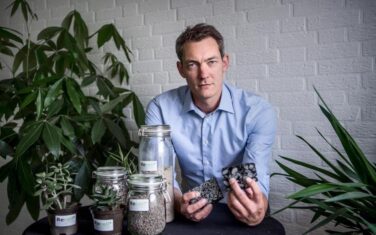
Circularity in cellulose
For Recell’s Erik Pijlman there’s no doubt: cellulose extracted from waste streams is a valuable sustainable resource for the chemical industry. Thanks to ISPT he got in touch with chemical...
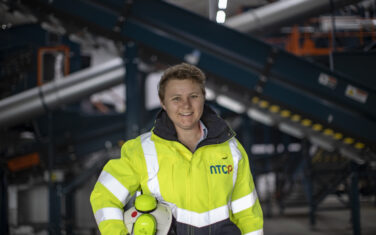
“We need to get going towards application-driven recycling”
The National Test Center Circular Plastics has state-of-the-art technology and facilities for sorting and separating plastic waste streams. With testing and research on an industrial scale, it contributes to closing...
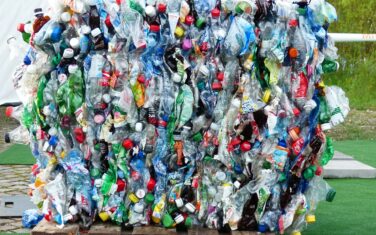
Extended Producer Responsibility: does it also apply to plastic packaging?
Are producers responsible for the recycling of plastic packaging? This was the subject of the sixth online panel discussion held on 17 September 2020 as part of ISPT’s Industrie in...
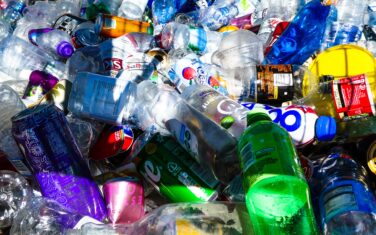
War on plastic waste: eerst de kraan dicht, dan dweilen
Plastic is een geweldig materiaal: het is licht, multifunctioneel en goedkoop. Tegelijk vormt plastic afval een van de grote uitdagingen van onze tijd. Daarom gingen we zaterdag, tijdens World Cleanup...
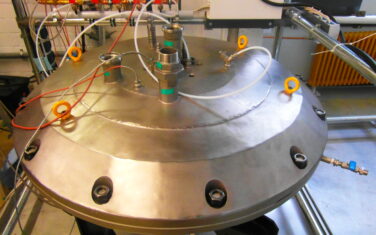
The next generation process installations
DSM, Nouryon and Huntsman researched the potential of rotating packed beds with the TU Dortmund and the Institute for Sustainable Process Technology (ISPT). RPB technology offers many advantages, as the...
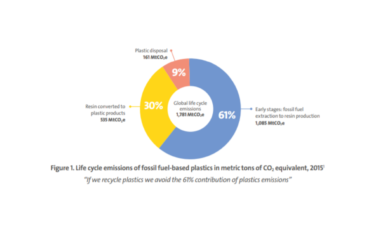
Imperial College London: Plastic packaging materials have the least impactful carbon footprint
How do alternative materials perform compared to plastic when it comes to their carbon footprint? This was the central question in the research of Imperial College London and Veolia. In...

Connecting climate innovations from industry with social issues during Springtij
During the last weekend of September the annual sustainability forum Springtij takes place on the island of Terschelling. For three days government, NGOs, industry and society will focus on sustainability...
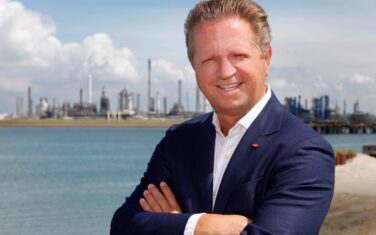
“We want to be a global leader in chemical recycling of plastics.”
In today’s world, plastic has become indispensable. The material plays an important role in almost all aspects of modern society. As a detrimental side effect, plastic waste can be found...

Carbon flows take central stage with the new Carbon Transition Model
The Carbon Transition Model (CTM) explores the options for emission reduction, as well as their interaction and impact on the greater Dutch industrial system.
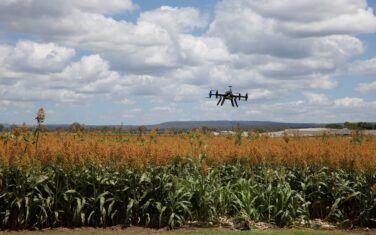
The ambition of a new agri-food system in the Netherlands
High-quality nutrients in a nitrogen-closed system What does the agri-food chain of the future look like? Elzo de Lange discussed this with Peter Bruinenberg of Avebe and Reggy van der...
Producing raw materials from CO2 rich industrial waste flows
Establishing a circular process by reusing residual flows The Steel Slag Upgrade to Products (SUP) project focuses on making maximum use of residual/ waste flows from large industries for the...

Infrastructure as backbone for a sustainable society
Hydrogen, electricity, CO2 storage, heat and steam are crucial for a sustainable society. But these energy sources should be able to reach our front doors. That is why the third...
Nikhil John: artificial intelligence in ERGO-project
Nikhil John researches sustainable production and artificial intelligence as part of the ERGO project.
Evaluating inline moisture measurement for xspray dried dairy products
Follow our sequel on the case results in the project Grip on Dryers – this time part 3 of 5. Within the Grip on Dryers project, several companies that seek...

Dutch National Energy traineeship builds networks for the energy transition
Talented and broadly oriented young employees with a drive for bringing the energy transition about. Plus an extensive network interested in joint, integrated projects. That is the proposition of the...